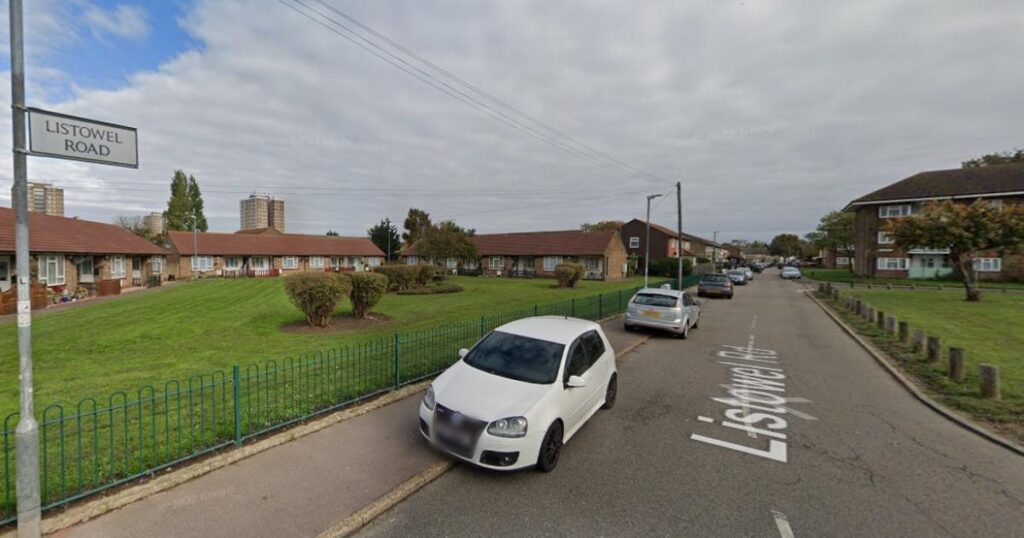Daiva Antanaviciene, 57, was found by a maintenance man who attended the house of multiple occupation (HMO) where she lived.
Vaidas Petkevicius wrote in a statement that it was he who found her the accommodation in Listowel Road, Dagenham, after being introduced to her by a friend.
“I went upstairs to check on Daiva as I know she drinks a lot,” he wrote of the morning he found her body.
“She was sitting on the bed. She was not moving and her face had changed colour. I called her twice but she did not reply.”
He called the London Ambulance Service at 11.05am on October 13. Paramedics arrived within five minutes, but it was already far too late.
Rigor mortis (the stiffening of the body) and hypostasis (also known as lividity, where blood stops pumping and pools in the lowest parts of the body, causing discolouration) had already set in.
Coroner Nadia Persaud held an inquest into Ms Antanaviciene’s death at East London Coroner’s Court, Walthamstow, on Thursday, May 1.
Sgt Burak Guven wrote in a statement that the Metropolitan Police Service found Ms Antanaviciene had not been seen by her fellow HMO occupants since October 9.
Enquiries established she “was known to be a heavy drinker”, he said.
When he arrived at the address that afternoon, he observed Ms Antanaviciene “slumped on her bed” in the first-floor room, which contained “lots of empty spirit bottles… including a plastic bag which was full of empty glass alcohol bottles.”
Toxicology tests found alcohol in her blood at 412 milligrams per 100 millilitres, and in her vitreous humor (fluid from her eyeball) at 474 milligrams.
The limit for driving is 80 milligrams.
Mrs Persaud said levels of 200 to 300 “can be associated with a coma”, while “greater than 400 is associated with fatalities”.
Pathologist Dr Vasi Sundaresan, who conducted the autopsy, wrote that “on opening of the abdomen, there was a strong smell of alcohol”.
He noted Ms Antanaviciene had a history of “alcohol dependence and associated seizures”, most recently in 2023, and found her heart was significantly enlarged.
He gave her cause of death as coma and respiratory depression caused by acute alcohol toxicity.
“I would like to thank all of those who have provided evidence to assist the court and I would like to pass on the sympathies of the court, particularly to her son,” said Mrs Persaud.




